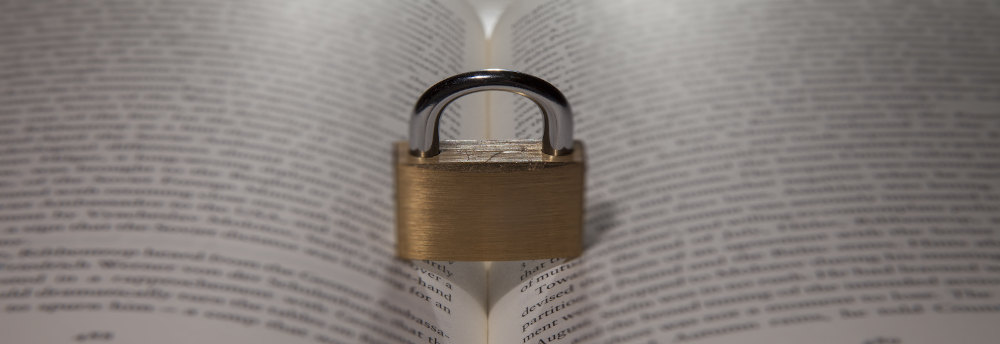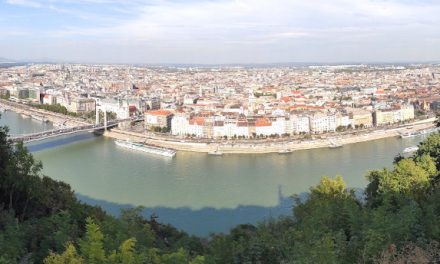Joaquín Callabed reflects on the illiteracy that still plagues the world
Joaquín Callabed, full academician of the Royal European Academy of Doctors-Barcelona 1914 (RAED) and president of the Spanish Club of Social Pediatrics, echoes the thoughts of various authors dealing with illiteracy and the word, based on an initial analysis of the also academician Federico Mayor Zaragoza and other personalities and historical figures taking up an article he published in the magazine “Andalán”. For Callabed, illiteracy is one of the great evils that Humanity has experienced throughout its history, since it’s scientifically proven that knowledge and concern for knowledge go hand in hand with a better and higher quality of life. “I remember the presentation of the book ‘Illiteracy in the world’ by Federico Mayor Zaragoza and I came to say that those who receive everything from words, from our Latin, Greek and Hindu parents and from our privileged family and social environment, we aren’t aware that there are 900 million people who inhabit the same planet that we step on that are condemned to a rudimentary way of thinking, to the helpless loneliness of the mind, to be a toy of all kinds of manipulations”, the academician began his reflection.
Along these lines, the academician recovers the reflections on the formation and education of historical figures as diverse as Muhammad, Victor Hugo, Marcel Pagnol, Joseph Joubert, Denis Diderot, Martin Heidegger, Miguel Delibes, Octavio Paz, Simone de Beauvoir, María Zambrano, José Ortega y Gasset or Rosendo Tello. Different societies, cultures, languages and even civilizations that coincide in the same or complementary message. “We are born a second time when we learn to read and write. Giving another the possibility of doing so is giving him life again. It’s very proven that literate mothers die less from childbirth, lose fewer young children, vaccinate their children and they provide the family with better hygiene conditions.The tongue is the abode of the soul, Heidegger said. Few people know that the first word of the Koran is reading. Mohammed released prisoners of war to teach Muslim illiterates to read. The Valkiria, messenger of the gods, is symbolized in our modern life by the alphabet. With the writing begins the true access to knowledge and be able to become a citizen of full right and critical sense. It’s necessary to launch the imagination to power and make the most people share the lyricism of knowledge. Utopia stimulates life. It’s the source of all dreams and the clarity of all risks. Another different problem is education and according to the countries and the people who govern them decide how to carry it out. School teachers are gardeners of human intelligences, said Victor Hugo”, reflects Callabed in this search for a common call to culturalization.
And he points out notable examples in this line: “Some countries like Costa Rica thought that education is a culture of peace and decided to replace the guns with books, suppressing the Army. Other countries choose to instill doctrines instead of instructing people, with very purpose concrete that allow them to exploit effectively. From fanaticism to barbarism there is only one step, Diderot told us. Regarding the way of educating, Joseph Joubert rightly told us that children have more need for models than criticism. The importance of individualizing the teaching is tenderly described by Marcel Pagnol ‘since the teachers began to treat him as a good student he became a good student’. In order for people to deserve our trust, we must start by offering it”, he adds. For the academician, culture, assumed as universal, must transform educational deprivation and take three steps: “Be aware of reality, provide instruments and means to intervene pedagogically and build the new house that could be adorned with all the letters of the alphabet and weave interwoven letters that say: you, they, sorry. Because illiteracy must disappear from the face of the Earth”, he concludes.



